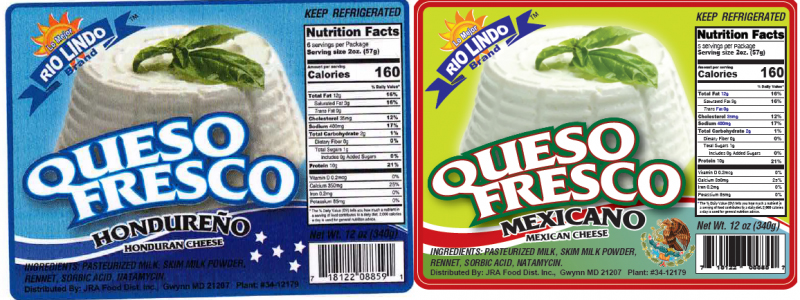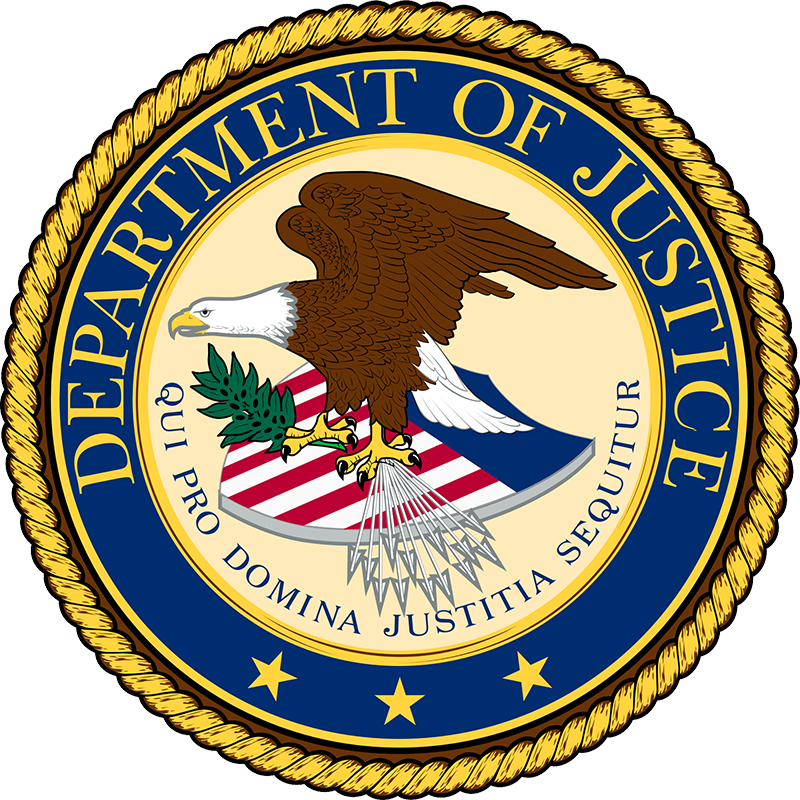–UPDATE April 19, 2021 — The FDA continues to investigate reports of acute non-viral hepatitis in Nevada associate with consumption of “Real Water” brand alkaline water. “The FDA has become aware that “Real Water” brand alkaline water is still being offered for sale through online retailers. The agency is working to locate any remaining products to ensure they are no longer available to consumers,” FDA stated in an email update. “The FDA will continue to monitor this situation closely and follow up with retailers as we become aware of recalled products being offered for sale.”
–END UPDATE–
The FDA and CDC are investigating reports of acute non-viral hepatitis in consumers that has a common link to “Real Water” brand alkaline water. The agency is in the beginning stages of the investigation and notes that more products could be connected to the outbreak. The acute non-viral hepatitis cases affected infants and children, resulted in acute liver failure and occurred in November 2020, but FDA was alerted to the cases on March 13, 2021.
The manufacturer, Arizona-based Real Water, Inc., stated that the issue occurred in Las Vegas and is recalling the product. FDA pulled information from the company’s website stating that the five-gallon containers are delivered to homes in Honolulu; Orange County, Ventura and Santa Barbara, California; St. George, Utah; and Tucson, Arizona. The agency also states that Real Water is packaged and sold in various sizes including 1 gallon, 1 liter and 1.5 liter plastic bottles.
FDA is urging consumers, restaurants and retailers against drinking, cooking with, selling or serving the “Real Water” alkaline water until more information is revealed about the illnesses.





















